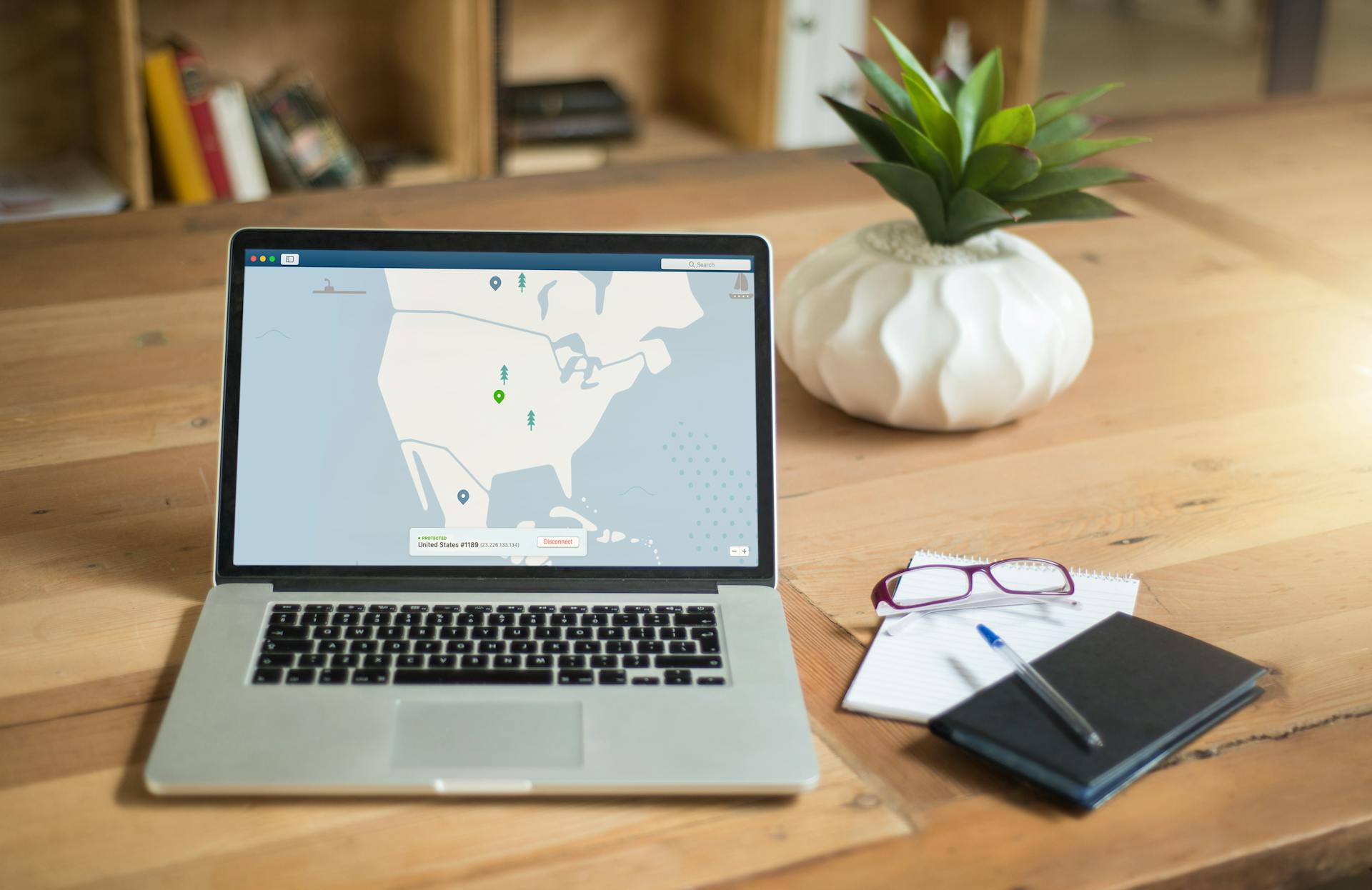旅行中に VPN を取得することはどの程度重要ですか?
平均的な旅行者にはおそらく必要ないでしょう。
今日のデジタル時代では、オンラインの安全性とプライバシーに対する人々の懸念が高まっており、多くの人が情報を安全に保護したり、オンライン活動をプライベートにしたりするために、仮想プライベート ネットワーク (VPN) を利用しています。もちろん、地理的制限を回避して地域限定のコンテンツやサービスにアクセスするために VPN を使用する人もいます。VPN は自宅にいるときにはよく使用されるツールかもしれませんが、旅行中にも VPN が必要なのか疑問に思う人もいるかもしれません。

旅行中にVPNを利用するべき理由
旅行中にインターネットに接続できることは非常に重要です。オンライン マップを使用して場所を見つけたり、ナビゲートしたりする場合でも、オンライン翻訳アプリを使用する場合でも、単に友人や家族と連絡を取り合う場合でも、インターネットに接続する必要があります。
さて、海外にいるときにインターネットに接続する前に必ず VPN を使用する必要があるかどうかという疑問が残ります。VPN を使用する理由をいくつか見てみましょう。
1. 公衆Wi-Fiのセキュリティ
旅行中にVPNを使用する主な理由の1つは、特に次のような場合にインターネット接続を保護することです。公共Wi-Fiネットワークを使用する。
旅行中、データ料金と使用量は多くの人にとって気になるものです。国内にいるときとは異なり、旅行中はデータ使用量を少し意識するかもしれません。結局のところ、データ ローミングは安くはありませんし、旅行用 SIM カードでは、使用できるデータ量が制限される可能性があります。
空港、ホテル、カフェなどの公共の場所では、無料 Wi-Fi が提供されていることが多く、多くの人がモバイル データの使用量を減らすためにこれらのネットワークに接続することを選択します。無料 Wi-Fi は便利ですが、最も安全というわけではありません。ネットワークは公共であるため、ハッカーが同じネットワークに接続して、これらのネットワークを介して送信されるデータを傍受することは十分に可能です。
公共の Wi-Fi に接続する場合は、VPN の使用を検討してください。VPN はインターネット トラフィックを暗号化し、サイバー犯罪者がデータを解読することを困難にします。この暗号化により、安全でない公共の Wi-Fi ネットワークを使用している場合でも、個人情報や金融情報が安全に保たれます。
2. 制限されたコンテンツおよびサービスへのアクセス
地理的制限は旅行者にとって大きな不便となる可能性があります。多くのウェブサイトやストリーミング サービスは、ユーザーの所在地に基づいてコンテンツを制限します。たとえば、Netflix のお気に入りの番組や特定のソーシャル メディア プラットフォームが、訪問先の国では利用できない場合があります。
自宅で VPN を使用して他の場所のコンテンツやサービスにアクセスするのと同じように、自宅でしか利用できないコンテンツやサービスにアクセスするには、VPN を使用する必要がある場合があります。
VPN を使用すると、こうした地理的制限を回避できます。VPN を使用すると、自宅のサーバーに接続できるため、自宅からサービスにアクセスしているように見えます。こうすることで、世界のどこにいても、必要なコンテンツにアクセスできます。
もちろん、VPN は、現在いる国でブロックされている可能性のあるコンテンツやサービスにアクセスするのに役立ち、たとえば、中国から Google サービスにアクセスする必要があり、主に中国のローカル SIM カードを使用したり、公衆 WiFi に接続したりする場合は、それらのサービスにアクセスするために VPN を取得する必要があるかもしれません。
3. 安全なオンライン取引
旅行中は、航空券の予約、宿泊費の支払い、オンライン ショッピングなどのオンライン取引を行う必要がある場合があります。これらのアクティビティには機密情報の共有が伴い、サイバー犯罪者にとっては金鉱となる可能性があります。
VPN を使用すると、金融取引の安全性が確保されます。VPN が提供する暗号化により、支払いの詳細が傍受されることが防止され、外出先でオンライン取引を行う際にも安心です。
旅行中にVPNを利用する前に知っておくべきこと
実のところ、旅行中に VPN を使用すると確かにメリットがありますが、絶対に必要というわけではありません。VPN がなくても旅行を問題なく過ごすことができます。公衆 Wi-Fi に接続している間は機密性の高い取引を行わないように注意してください。ただし、繰り返しになりますが、休暇中に機密性の高い取引を行う必要が生じることはあまりないでしょう。
VPN の取得を進める前に、知っておくべきことがいくつかあります。
- VPN に接続すると、通常よりも多くのデータ消費が発生し、通常よりも早くデータ使用量が使い果たされたり、通常よりも高いローミング料金が発生したりする可能性があります。
- 場所によっては、VPN が常に機能するとは限りません。VPN を決定する前に、レビューを読んで、旅行先で機能することを確認してください。
NomadトラベルeSIMで安全に接続
ほとんどの旅行者にとって、VPN は公衆 WiFi ネットワークに接続しているときに最も役立ちます。ただし、VPN を使用する代わりに、旅行用にトラベル eSIM を入手し、公衆 WiFi ネットワークへの依存を減らすことを検討してもよいでしょう。
旅行中にインターネット接続を維持するのに役立つトラベル eSIM があれば、インターネットに接続するために公衆 WiFi に頼る必要がなくなります。また、知らない人があなたと同じネットワークに接続していることを心配する必要もありません。
また、ノートパソコンをインターネットに接続できるオプションが必要な場合は、ホットスポットやデータのテザリングを可能にする eSIM の取得を検討してください。
ノマドオファー170か国以上でデータプランを提供、あなたの旅行のニーズに合ったものがきっと見つかります。また、複数の国を旅行する場合は、地域計画国を移動してもシームレスに接続を維持できます。データ プランは 1.10 ドル/GB からご利用いただけます。
Nomad の eSIM ではデータ テザリングも許可されています。また、データが不足した場合、Nomad ではデータ パックのアドオンを購入することもできます。アドオンを購入すると、同じ eSIM でシームレスに接続し続けることができます。